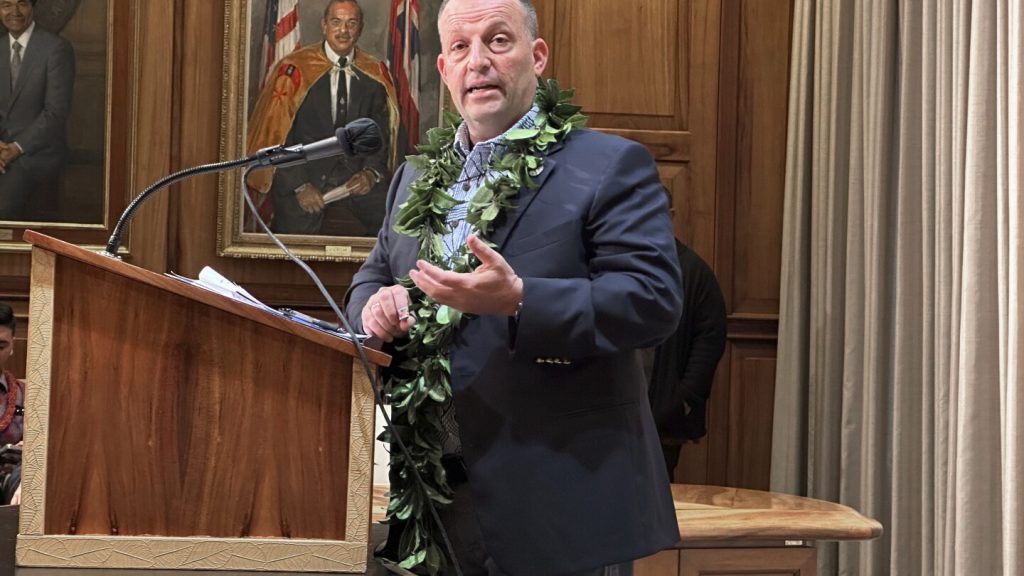Thirteen children and teens in Hawaii recently celebrated a settlement with the state government over the threat posed by climate change. The settlement emphasizes a plan to decarbonize Hawaii’s transportation system over the next 20 years, marking a significant victory for the youth activists. The youths had taken the state government to court, arguing that Hawaii was violating the state constitution by operating a transportation system that harms the climate and infringes upon the right to a clean and healthy environment.
The burning of fossil fuels is identified as the main contributor to global warming caused by human activity. Hawaii is the state most dependent on petroleum for its energy needs in the U.S. The settlement reached in Navahine v. Hawaii Department of Transportation is the first between a state government and youth plaintiffs to address constitutional issues arising from climate change. This victory highlights the power of youth activism in addressing environmental concerns and holding state governments accountable for their actions.
The lawsuit was driven by personal frustrations and a larger sense of activism among youth in Hawaii and around the world. One plaintiff, a 14-year-old Native Hawaiian raised in Kaneohe, comes from a family with a long history of farming taro. However, the impacts of climate change, such as extreme droughts and heavy rains, have threatened her ability to continue this cultural practice. Rising sea levels also pose a threat to their lands. The settlement includes provisions for establishing a greenhouse gas reduction plan and making ambitious investments in clean transportation infrastructure, such as expanding public electric vehicle charging networks.
The Department of Transportation has expressed its commitment to combating climate change and implementing the terms of the settlement. Director of Transportation Ed Sniffen acknowledged the reality of climate change and emphasized the importance of taking action now, rather than leaving it as a problem for future generations to solve. The establishment of a volunteer youth council to advise the Department of Transportation shows a willingness to engage with young activists and prioritize their voices in the decision-making process.
While the Hawaii settlement is a significant win for youth activists, efforts in other states have faced obstacles. In Oregon, a federal appeals court rejected a lawsuit brought by young climate activists arguing that the U.S. government’s role in climate change violated their constitutional rights. Similarly, in Montana, the state Supreme Court declined to block a landmark climate ruling that required regulators to consider the effects of greenhouse gas emissions when issuing permits for fossil fuel development. Despite these challenges, youth activists remain determined to continue advocating for climate action and holding governments accountable for their role in addressing environmental issues.


